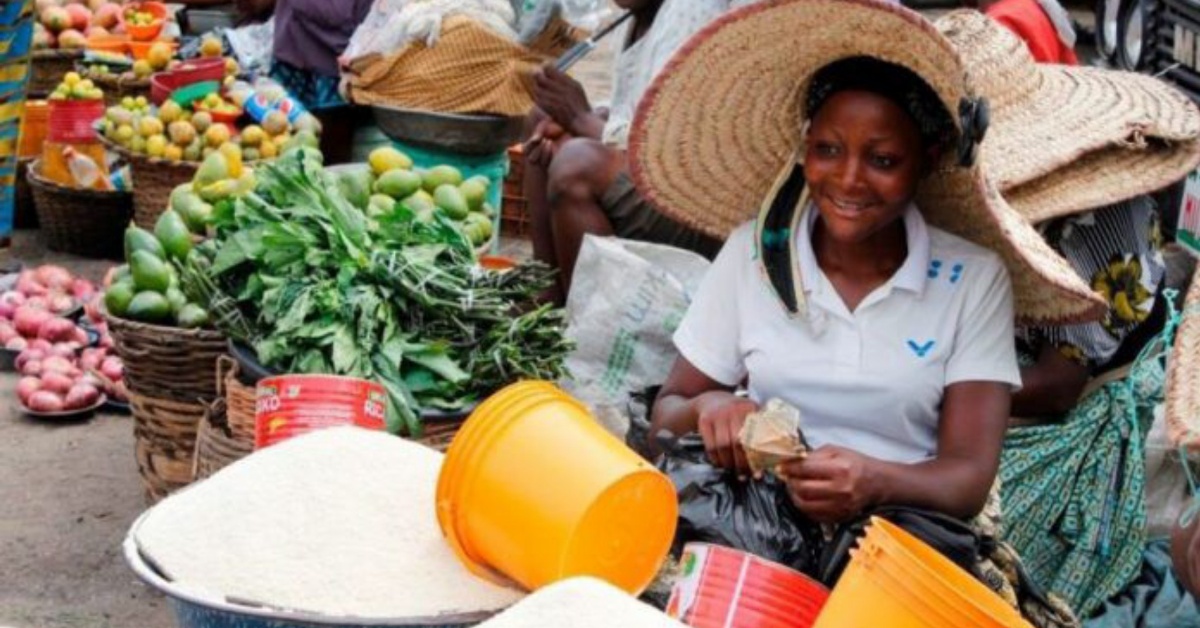Sierra Leoneans are seemingly frustrated over a long period of social and economic injustice that looms over the nation. Recent and previous economic policies and practices underscore a disheartening reality: politicians, rather than shouldering their fair share, have shifted the burden onto the already struggling shoulders of the citizens.
There is a dire need for authorities to go back to the drawing board to write the wrong and not right the wrong in order that the level of economic injustice will be mitigated. Let me just highlight few examples of bad socio-economic policies that were effected over the past five to six years by our very own government officials. One glaring example is the toll gates erected in 2017, ostensibly aimed at financing infrastructure development. However, the toll fees seem to be selectively applied, with high-ranking politicians and political appointees granted an exemption from the financial responsibility imposed on ordinary citizens. The toll gate, which was promised to be a means of communal progress, has turned into a symbol of the stark divide between the ruling elite and the rest of the populace. The effect is set to exacerbate as new prizes have been proposed, some doubling and tripling the previous prizes.
Similarly, the introduction of a $50 airport security fee at the Lungi International Airport paints a picture of economic disparity. While the citizens are compelled to reach into their pockets, some top politicians and government officials sail through airport conveniently exemptedfrom contributing to the financial pool meant to enhance “security”. (aardvarkisrael.com)
The recent and continuous hikes in fuel pump prizes, electricity and mobile tariffs further deepen the shadows of social and economic injustice. Despite citizens facing exorbitant increases, politicians enjoy the luxury of free or heavily subsidized services. The call for caution in the use of these facilities, particularly from Chief Minister David Sengeh, rings hollow when one considers the stark contrast between the financial burdens shouldered by the citizens and the privileges enjoyed by those in power.
This pervasive pattern of social injustice extends to the realm of salaries and benefits. While the ordinary Sierra Leonean sees an increase in the cost of living due to escalating tariffs, government officials seem immune to these financial pressures. Salaries of politicians, including the Chief Minister, continue to rise, painting a stark contrast to the economic struggles faced by the majority of citizens.
In a nation where economic progress should be a shared endeavor, the blatant disregard for fairness and equity in economic policies raises serious questions about the commitment of the government to the well-being of its people. The principles of justice, transparency, and accountability seem to have been sacrificed at the altar of political privilege.
The call for responsible and equitable governance echoes through the hills and plains, urging those in power to reconsider policies that perpetuate social and economic injustice. The shadows may loom large, but the strength of a united citizenry can cast a light that exposes the disparities and demands a more just and inclusive future for Sierra Leone.
As the nation grapples with the economic fallout of global crises, Sierra Leone’s politicians have sought refuge in excuses, using external circumstances as shields for their failure to address the plight of the people. The proposed increments in airport charges, coupled with the revelation of ever-increasing salaries for politicians, paint a stark picture of a government that prioritizes its own prosperity over the welfare of the citizens it is meant to serve.
As a way of adopting the concept of constructive journalism, I have decided to be proffering solutions to most of the critical write-ups I do henceforth. Hence, some of the solutions to the plight of the Sierra Leonean masses are:
Equitable Distribution of Economic Burdens:
The government must ensure that economic burdens, such as toll fees and airport charges, are distributed equitably among citizens and politicians alike. Exemptions for the political class only deepen divisions and breed resentment.
Transparent Governance: Sierra Leone needs a transparent governance system where decisions regarding economic policies and charges are made with the utmost transparency and accountability. Citizens have a right to know how and why financial decisions are made.
Inclusive Policy-Making: Policies affecting the economic well-being of the nation should be developed through inclusive processes that consider the needs and challenges faced by all citizens. Involving diverse voices in decision-making ensures a fair representation of interests.
Strengthening Anti-Corruption Measures: To combat corrupt practices that contribute to social and economic injustice, there must be a robust and independent anti-corruption mechanism. Political will and public support are crucial to ensure the effectiveness of these measures.
Investment in Basic Amenities: The government should prioritize investments in essential services such as electricity, water, and transportation infrastructure. A focus on providing these basic amenities will alleviate the burden on citizens and contribute to overall societal development.
Sierra Leone stands at a critical juncture where the cry against social injustice is resonating loudly. It is time for the government to heed the call for equity, transparency, and inclusive governance, ensuring that the prosperity of the nation is shared by all its citizens, irrespective of political affiliations or tribal backgrounds. Only through these collective efforts can Sierra Leone emerge from the shadows of social and economic injustice into a future where the dignity and well-being of every citizen are upheld and respected.



 1 Comment
1 Comment









Comment(s)
Disclaimer: Comments expressed here do not reflect the opinions of Sierraloaded or any employee thereof.